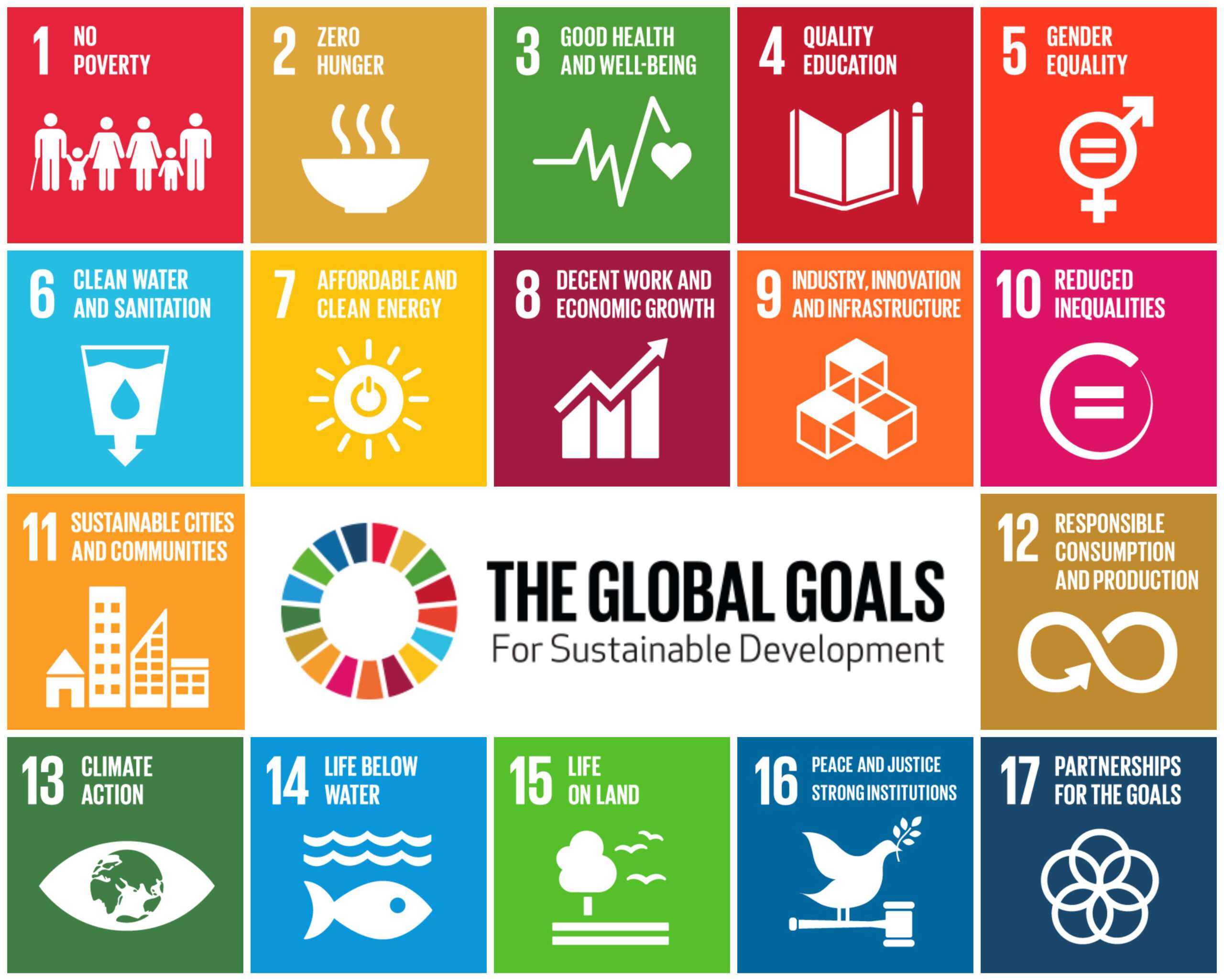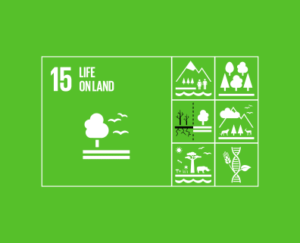By Professor Shan Pan
The world is collectively facing the biggest challenge we have witnessed in our recent history – the Coivd 19 pandemic. Apart from changing the way we socialize and work, the pandemic has also changed our relationship with information systems (IS) and technology. Aspects of IS such as information behaviour, data privacy, cybersecurity and business models are just a few areas that have impacted our lives during this pandemic.
Since IS plays such a significant role in our lives today, responsible IS research can help tackle the current healthcare challenge we face and also contribute towards the achievement of sustainable development goals (SDGs). Responsible IS research, in the backdrop of the pandemic, offers several areas for exploration. We list a few of them under two broad areas – ‘Fighting Against the Pandemic’ and ‘Adjusting to the New Normal’.
Fighting Against the Pandemic
A. Expanding Digital Surveillance
The need for digital surveillance like facial recognition, mobile tracking, or space-based systems to monitor the movement of infected populations is undeniable. Governments have also begun capitalising on digital surveillance and started partnering with big tech companies to effectively detect, monitor, and prevent Covid-19. While many agree with the use of such systems to combat the pandemic, the exact way in which such technology helps is yet underexplored. Further, questions arise about the gaps in such systems. For instance, using mobile phones to track people automatically excludes people of lower incomes as well as the elderly, who may not have such phones, and raises concerns about the accuracy of this method. Another dilemma one faces is the trade off between privacy and surveillance, which needs to be considered while taking decisions.
B. Tackling the ‘Infodemic’ Phenomenon
The term ‘infodemic’ was coined to define the overabundance of information which was spread about Covid-19. Some of this information is accurate and some of it is not. This poses a massive challenge to public health because people don’t know what information to act upon and they can’t use it to either protect themselves or others. Existing IS studies have analysed fake news at the community level – which is on a much smaller scale. Responsible IS researchers can expand this to a global scale by studying the knowledge acquired on fake news and addressing questions such as what fuels fake news, specific designs in tech that can help filter misinformation, etc. The research should not only focus on individual users but also on larger agencies like health institutions and governments to understand how such responding agencies manage and dispel this ‘infodemic’ phenomenon.
C. Orchestrating Data Ecosystems
Orchestrating data broadly refers to collecting, organising and managing it. Given the pandemic, several entities such as governments, tech developers, healthcare professionals, private organisations, and even local citizens produce, collect, and consume data. To add to this, tons of location-based data is generated through social media and mobile phones. Together, it all makes up the data ecosystem. It is a complex ecosystem that includes a wide diaspora, diverse structures, cultures and priorities. Since data is generated from both governments, large organisations and individual isolated sources, data collaboration becomes the need of the hour. Responsible IS researchers can help in enabling data from these various sources and find effective ways to integrate and analyse it in order to help the concerned entities make wise and informed decisions. These efforts will help combat the challenges that Covid-19 poses and make this battle easier.
Adjusting to A New Normal
A. Understanding New Information Behaviours
The pandemic has massively changed the way individuals and organisations seek, evaluate, and share information. The ‘infodemic’ phenomenon has made this change chaotic and there is not enough research available on the consumers’ information usage patterns. So far, studies have mainly focussed on the information seeking and sharing behaviours of people affected by disasters. However, there is both the need and scope for further research. This is where responsible IS plays a role. Exploring more diverse aspects of information patterns will help draw important conclusions that will help people better adjust to the new normal situation. This is essential for two reasons. Firstly, the duration of this pandemic is unpredictable and such studies make it easier for us to cope with our ever-changing circumstances. Secondly, some of our patterns have changed fundamentally and will continue to be the norm long after the pandemic is gone. For instance, e-learning and remote working might continue fully or in parts, whether or not we face the threat of Covid-19. Assuming such possibilities, responsible IS research in these areas is imperative.
B. Developing the Digital Workspace
The work-from-home culture has been one of the most crucial changes due to Covid-19. Although many organisations have tried their best to implement the necessary tech tools to make the shift easy, the full impact of this transformation is yet to be assessed. This opens up opportunities for responsible IS researchers to study how the transition can be eased or made effective by helping develop clear guidelines, effective leadership practices, and secure organisation networks to counter related challenges. The work-from-home culture brings with it the issue of a lonely environment that may hinder the mental health of employees. It also makes it tougher to strike a work-life balance since the boundaries between the personal and professional spaces blur. Some organisations may also closely track customer data, in an effort to serve them in the digital world, which might breach one’s privacy. Researchers can examine such aspects of the digital workspace to explore the various moral and social issues it brings.
C. Social Distancing
It has been well established by now that social distancing is one of the most effective ways to combat this pandemic. As a result, prolonged periods of lockdowns, quarantining, and closure of public spaces are expected to continue. The lack of socialising and human connect can cause severe mental health challenges. Technology has brought the world closer, and it is easy to communicate with each other. However, it cannot completely replace human touch or connect. Responsible IS researchers can identify mechanisms to help combat growing mental health issues because of the lockdown and also explore ways to make interactions online more human like – that is, increase the feelings of social presence online. Furthermore, as the elderly might find it hard to access and use technology, research can identify ways to improve inclusion and drive social technology adoption by aged people to help make their lives better.
Meeting Sustainable Development Goals (SDG):
Unless a change in behaviour is sustained, it becomes redundant. The responsible IS community needs to focus on sustaining their actions to truly help build a better world. First off, exploring the full potential of technology and studying its role in achieving SDG is a significant contribution the community can make. However, everything has two sides. Therefore, the second contribution of this community is to recognise and minimise the social and moral issues that crop up because of technology being so integrated into our day to day lives. Also exploring and acting on other challenges such as digital exclusion of people who cannot afford technology, privacy violation etc. The third aspect is to focus on the interwoven approach of using technology in tackling sustainability issues and playing an active role in achieving the SDG set by the UN.
As the world faces multiple and everchanging challenges, the IS community can contribute massively to make the world a better place by conducting responsible IS research and achieving sustainable development goals. The aim is to learn from this pandemic to help make our present easier and be better equipped to tackle such challenges in future. By embarking on this journey of research and developing and practising digital sustainability the IS research community can truly help make the world a better place.
Professor Shan Pan is AGSM Scholar and (Acting) Head of School at the School of Information Systems and Technology Management, UNSW Business School. He is the founding Director of the Digital Sustainability Knowledge Hub (DSKH). DSKH specializes in the research and education of digital sustainability, with a specific aim to contribute to achieving the United Nation’s Sustainable Development Goals (SDGs). Shan’s research interest is the enabling roles of digital technologies in innovation and sustainability. As a phenomenon-based researcher, using qualitative methods, Shan has documented some of the most valuable digital transformations best practices arising from businesses, cities, remote villages, and government agencies in its rapid development of the last two decades. As a design science researcher, he is particularly interested in the designs of digital technologies that address sustainability challenges. He frequently travels to developing economies where he studies the indigenous practices of information systems.











